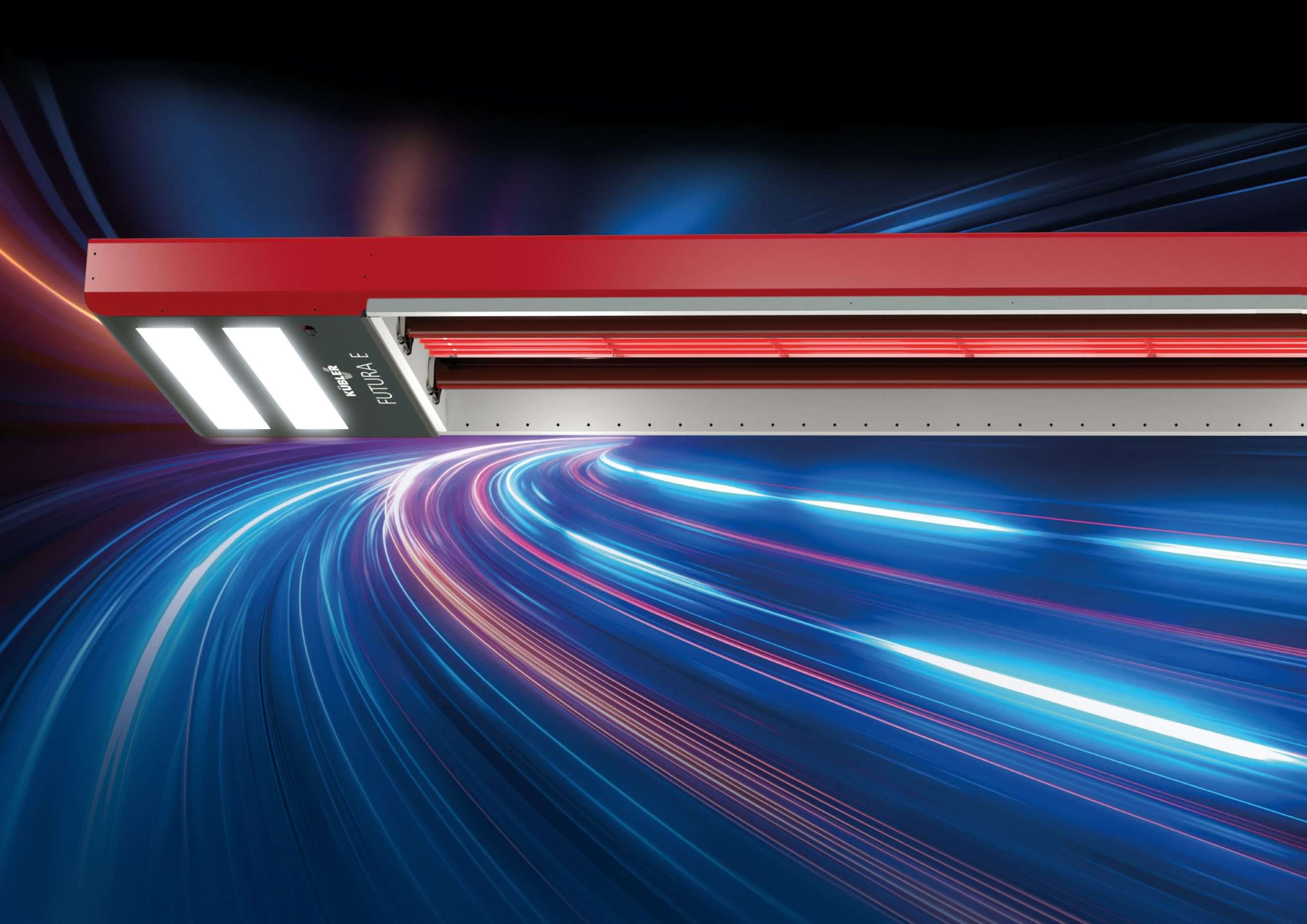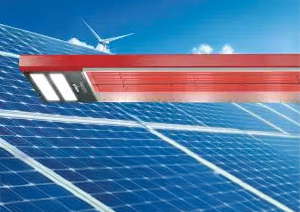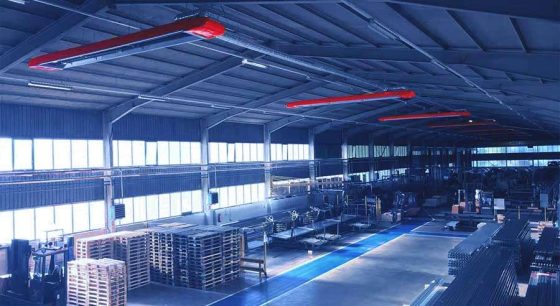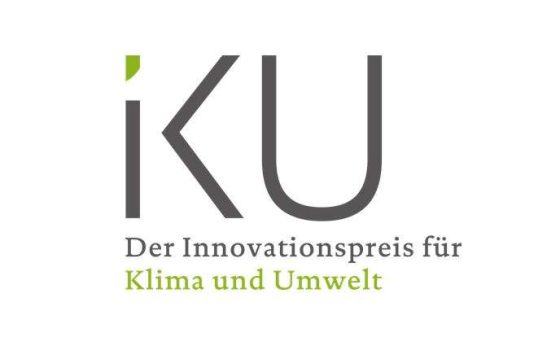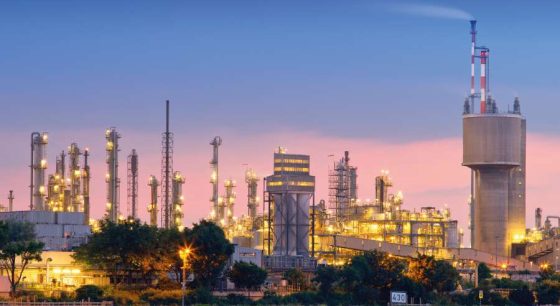New gas heating quickly in 2023 - often the cheapest decision that also pays off for the environment
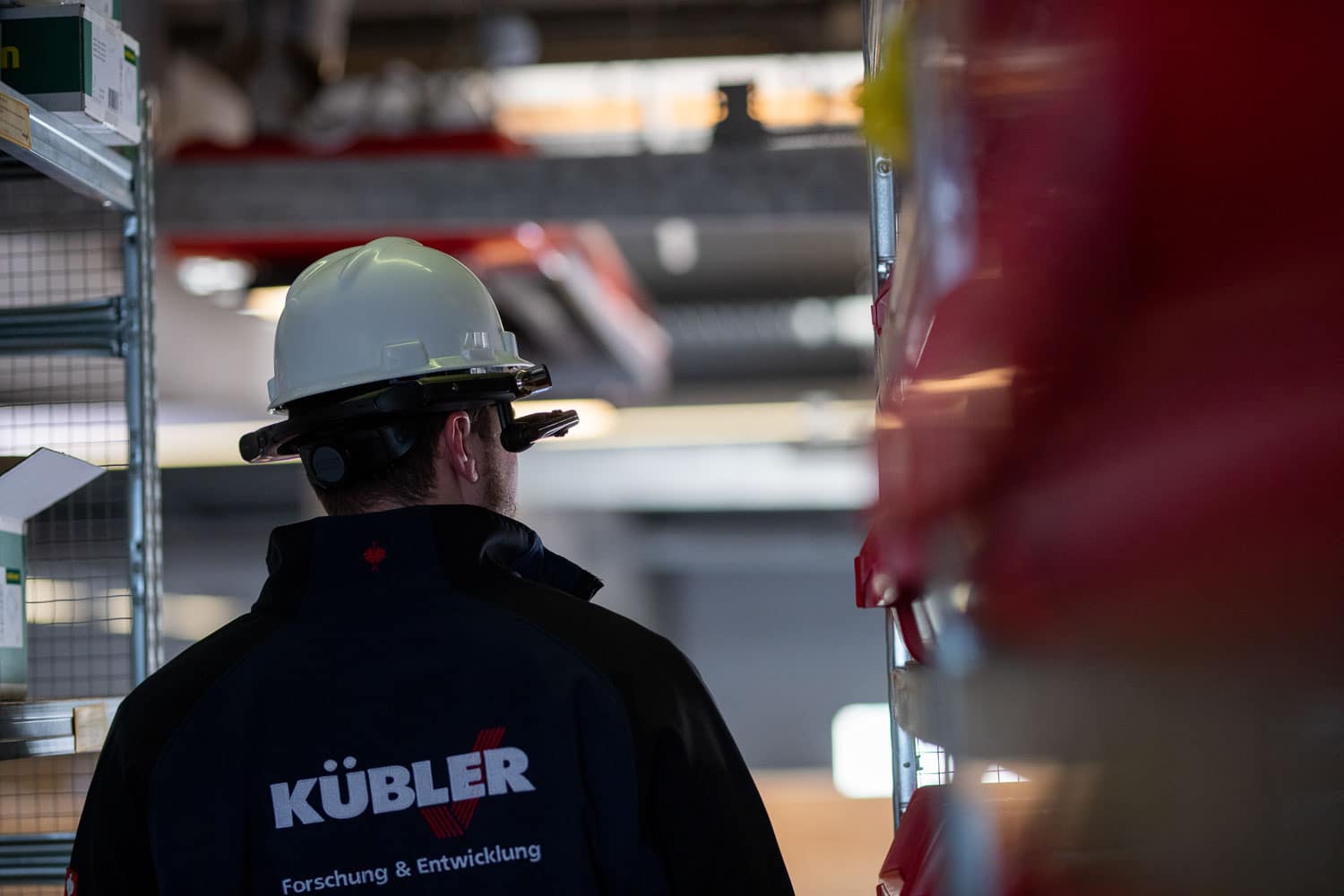
As a heating expert, what can you do and advise your commercial customers? Every entrepreneur wants to meet the climate targets, but investments also have to be economical. That could be a problem.
From our point of view as experts in sustainable hall heating, there are 3 clever solutions to the problem:
Your recommended solution 1: New gas heating system before the end of 2023
They recommend, for example, the use of proven energy-saving IR heating systems from KÜBLER. Where appropriate, supplement these with condensing boiler technology. This gives your customer the advantage of saving higher investment costs for a hybrid multi-energy system - incidentally, a world first that KÜBLER will be presenting at ISH 2023.
Result: This efficiency measure reduces heating energy consumption by 50 to 70 percent. Incidentally, far more than the legislator requires in its draft. Both GHG emissions and heating costs are reduced accordingly, so that the investment usually pays for itself in two to three years. Your client and the environment will be pleased.
Future steps: The new heating system can be easily adapted to use hydrogen as soon as it is available in sufficient and affordable quantities.
Your recommended solution 2: The high-efficiency heater from KÜBLER including H2-readyness and retrofit option
You immediately advise your customer to use a high-efficiency system from KÜBLER.
Result: Your customer immediately takes advantage of the possibility of using hydrogen and benefits from the advantages of high energy, emission and cost savings.
Future steps: The high-efficiency system can be easily and inexpensively upgraded for electricity or PV use at any time with a retrofit kit.
Your solution recommendation 3: Build on the world's first multi-energy system from KÜBLER right away
This opens the door for your customer to the CO2-freedom. This is because the KÜBLER multi-energy system allows the variable use of various renewable energy sources such as electricity or hydrogen, but also gas or biogas - in a mix or as an alternative.
This option gives you the freedom to rely on your own PV power immediately, for example, and thus achieve a degree of energy self-sufficiency. Active energy management via the control system reduces heating costs and CO2-emissions made scalable when using different energy sources - what progress!
By the way: The innovative multi-energy system was awarded the special prize "Innovative technologies for climate protection" at the SUCCESS technology competition at the end of 2022 and has been nominated for the German Innovation Award in 2023.
The bottom line
Never before have you been able to show your commercial and industrial customers such simple solutions for implementing the heat transition. And in a very economical and sustainable way. This is because the investment costs for your customer are comparatively low - they are around a third lower than the costs for heat pumps, for example.
You should also know this: We are happy to support you with our expertise in word and deed for all projects. Let's simply get talking. Our serics and the very latest appliance technology will be happy to present them to you at the ISH. Welcome to our stand B19 in hall 12.01! We look forward to your visit!
-
A new heating system for your company's hall is a decision that needs to be carefully considered. Read this article to find out which facts speak in favor of an infrared radiant heater!
-
The Federal Ministry for Economic Affairs and Climate Protection has been honoring the commitment of industry and research to climate and environmental protection for many years with the IKU - the German Innovation Award for Climate and the Environment. The 21 nominees include many big names as well as a medium-sized company: KÜBLER GmbH from Ludwigshafen. It specializes in the development of energy-saving hall heating systems and entered the competition with HeizWerk, a smart solution package for industry. Behind this is nothing less than a clever concept for energy-efficient refurbishment in production, storage and other hall buildings without the need for capital expenditure.
-
The horrendous rise in energy prices, the fear of Putin stopping supplies, the demand for renewable energies to combat climate change - all of this is currently causing a great deal of uncertainty. Is it still worth investing in gas-powered industrial heating systems? The answer to this question is important. Because it determines how quickly trade and industry will make their contribution to the energy transition. And how well it will be possible to meet the future requirement of climate protection in an economically viable way.
-
Whether in industry or in private residential construction - anyone deciding on a heating system or hall heating of the future today is faced with a lot of question marks. Which energy scenarios will actually determine the future? Which technologies will then become relevant? Is it still worth investing in fossil-fuel systems? What does the traffic light say? And taking all these questions into account, what is the best functional and economical heating solution for the hall building in the long term?
